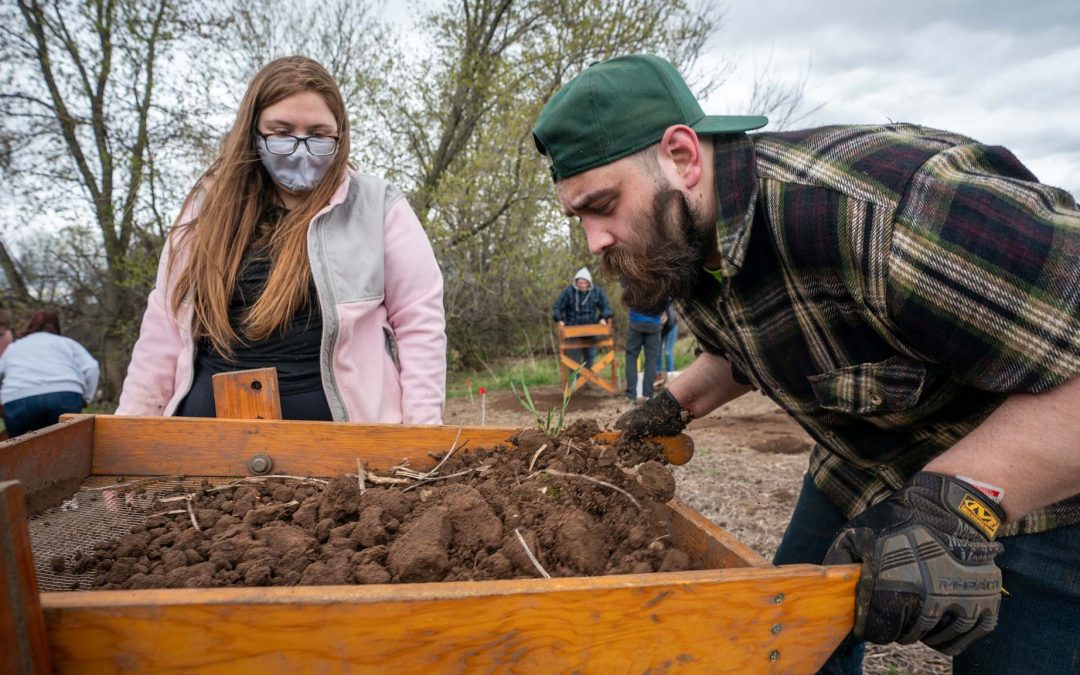A new certificate program at the University of Wisconsin Oshkosh is a great option for law enforcement professionals, those looking to enter the field or those in the medicolegal professions relating to both medicine and law.
The Certificate in Forensic Investigation combines coursework from anthropology, criminal justice, geology and journalism, to develop a well-rounded credential.
“This program is perfect for people who like to contribute to solving mysteries, tackling complex questions, utilizing cutting-edge science and contributing to the pursuit of justice,” said Jordan Karsten, associate professor of anthropology and department chair.
Classes are offered 100% online or 100% in person. Students can take the program on campus or from the comfort of their homes.
For online, most courses are delivered in accelerated, seven-week sessions to increase the flexibility for full-time working students. In-person courses follow the standard 15-week semester structure.
Karsten notes it is an ideal additional credential that can be earned as part of continuing education by those already working in law enforcement and the medicolegal fields or provide an advantage for those looking to enter the field.
Some of the skills students will develop are photographic and videographic documentation, human skeletal analysis, legal requirements for evidence, soil sourcing and taphonomy.

Jordan Karsten
Students may take any 12-credit combination of the following course offerings:
- Anthropology 374: Human Osteology (3 credits);
- Anthropology 377: Forensic Anthropology (3 credits);
- Journalism 251: Foundations of Multimedia Storytelling (3 credits);
- Criminal Justice 304: Criminal Investigation (3 credits);
- Criminal Justice 319: Criminal Courts: Proof of Guilt (3 credits);
- Geology 317: Forensic Geology (3 credits).
Karsten said as has occurred in his past classes, he hopes the program will involve students in hands-on, real-world forensic work as frequently as possible. He says there “definitely is a need” for people to get into law enforcement in Wisconsin—in many different jobs that could be considered “forensics,” including medicolegal death investigators, detectives, special agents and crime scene analysts.
Karsten is known to assist Wisconsin authorities in the analysis of skeletal remains. In a recent highly publicized case, his UWO anthropology students assisted in the search for the remains of Starkie Swenson, who was murdered in 1983, but whose body was never found. Last summer, the students helped dig and sift through soil at an Omro farm field. They did not uncover Swenson’s remains in Omro, but the mystery was solved last fall when hikers found human bones that were Swenson’s at High Cliff State Park in Calumet County.
Learn more:

